Kosovo Six: Ojdanić defense rests
The cross-examination of Dragoljub Ojadnic’s last defense witness concluded this week at the Hague Tribunal.
Sunday, 21.10.2007.
15:00

The cross-examination of Dragoljub Ojadnic’s last defense witness concluded this week at the Hague Tribunal. General Draguljub Ojdanic, former chief of staff of the Yugoslav Army (VJ), is standing trial along with five other top Serbian and Yugoslav officials, accused of war crimes in Kosovo, committed in 1999. Kosovo Six: Ojdanic defense rests The cross-examination finished with the debate about the role played by "armed non-Albanian population" – local Kosovo Serbs who were identified as perpetrators of crimes against Albanian civilians in the first half of 1999 by many prosecution witnesses. Taking part in arming of Kosovo Serbs in 1998 and 1999 when he was first the deputy chief and then the chief of the VJ general staff is among the charges against Ojdanic. The Kosovo Serbs were then allegedly assigned to units controlled by the army. Many prosecution witnesses identified these local Serbs as perpetrators of gravest crimes against Kosovo Albanians in the first half of 1999. Radovan Radinovic, General Ojdanic’s defense expert denied in his report that they operated under the Army’s auspices. Several documents tendered into evidence by the prosecution note the participation of "armed population" in the army and police actions in Kosovo. The witness was confronted today with the minutes from a General Staff meeting on February 2, 1999. In the meeting, the then 3rd Army commander, Dusan Samardzic, reported that the army "delivered 47,000 guns to Kosovo Serbs and Montenegrins." Radinovic replied that this number was exaggerated in view of the "call-up potential" of the Kosovo Serbs. However, he did not deny that it was possible that the army distributed a certain number of weapons to the Serbian civilians in the region. This, however, did not imply that they acted under its control, he said. When the prosecutor suggested that according to the Yugoslav Law on Defense, armed groups in the field "can be commanded by any VJ officer at the battalion level," Radinovic answered that "it was possible, but not necessarily so," contending that in Kosovo armed civilians "gathered spontaneously" into village units. These could have been commanded by some local Serb with or without a rank chosen as a leader by the people. The prosecution then presented an order from June 1998, signed by Nebojsa Pavkovic, who commanded the Pristina Corps at the time, calling for the distribution of arms to the local Serbian "conscripts" and their organization in units controlled by the army. The witness replied that this was not a matter of regular mobilization. The prosecutor reminded him that Pavkovic had allegedly asked for a "secret mobilization of units only in Serbian villages." Radinovic then agreed that this was an "atypical" move. The army was forced to do so, he said, because it was an internal inter-ethnic conflict. The Kosovo Six trial continues Monday when General Nebojsa Pavkovic’s case opens. The defense will not be presenting their opening arguments, but will immediately call witnesses.
Kosovo Six: Ojdanić defense rests
The cross-examination finished with the debate about the role played by "armed non-Albanian population" – local Kosovo Serbs who were identified as perpetrators of crimes against Albanian civilians in the first half of 1999 by many prosecution witnesses.Taking part in arming of Kosovo Serbs in 1998 and 1999 when he was first the deputy chief and then the chief of the VJ general staff is among the charges against Ojdanić.
The Kosovo Serbs were then allegedly assigned to units controlled by the army. Many prosecution witnesses identified these local Serbs as perpetrators of gravest crimes against Kosovo Albanians in the first half of 1999.
Radovan Radinović, General Ojdanić’s defense expert denied in his report that they operated under the Army’s auspices.
Several documents tendered into evidence by the prosecution note the participation of "armed population" in the army and police actions in Kosovo.
The witness was confronted today with the minutes from a General Staff meeting on February 2, 1999. In the meeting, the then 3rd Army commander, Dusan Samardžić, reported that the army "delivered 47,000 guns to Kosovo Serbs and Montenegrins."
Radinović replied that this number was exaggerated in view of the "call-up potential" of the Kosovo Serbs. However, he did not deny that it was possible that the army distributed a certain number of weapons to the Serbian civilians in the region.
This, however, did not imply that they acted under its control, he said.
When the prosecutor suggested that according to the Yugoslav Law on Defense, armed groups in the field "can be commanded by any VJ officer at the battalion level," Radinović answered that "it was possible, but not necessarily so," contending that in Kosovo armed civilians "gathered spontaneously" into village units.
These could have been commanded by some local Serb with or without a rank chosen as a leader by the people.
The prosecution then presented an order from June 1998, signed by Nebojša Pavković, who commanded the Priština Corps at the time, calling for the distribution of arms to the local Serbian "conscripts" and their organization in units controlled by the army.
The witness replied that this was not a matter of regular mobilization. The prosecutor reminded him that Pavković had allegedly asked for a "secret mobilization of units only in Serbian villages."
Radinović then agreed that this was an "atypical" move. The army was forced to do so, he said, because it was an internal inter-ethnic conflict.
The Kosovo Six trial continues Monday when General Nebojsa Pavković’s case opens.
The defense will not be presenting their opening arguments, but will immediately call witnesses.

















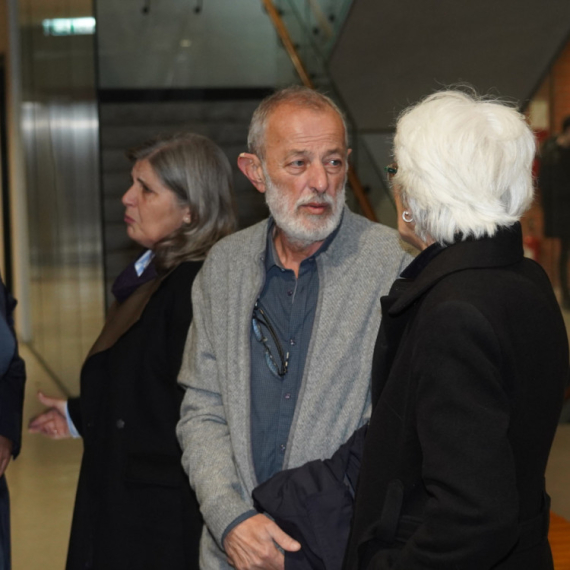
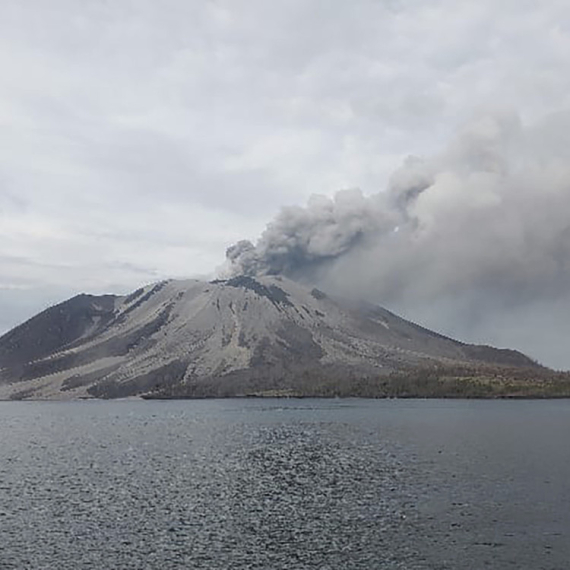
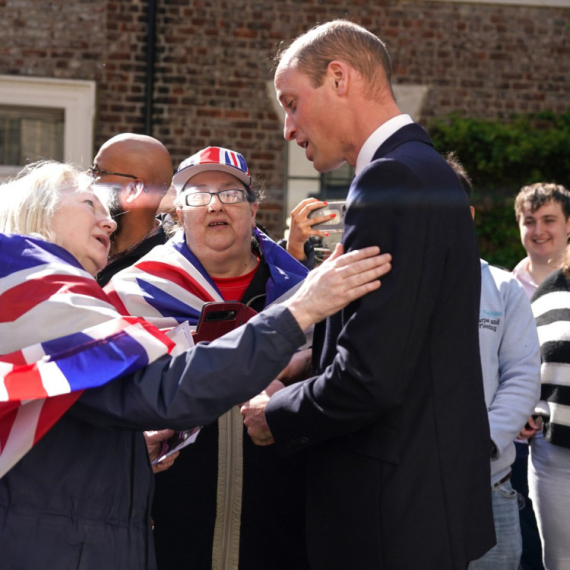
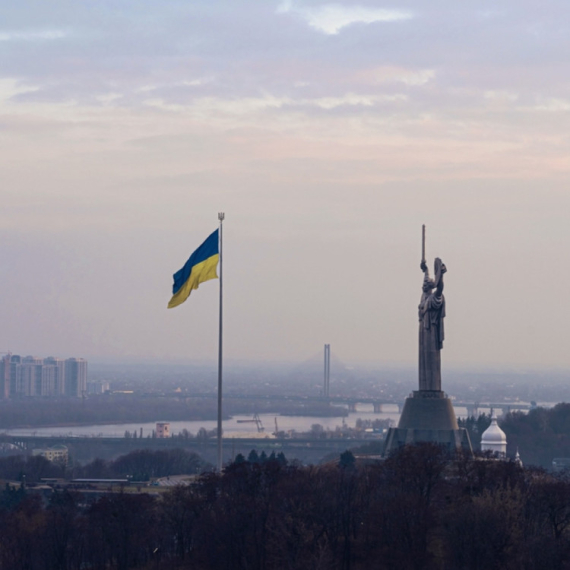
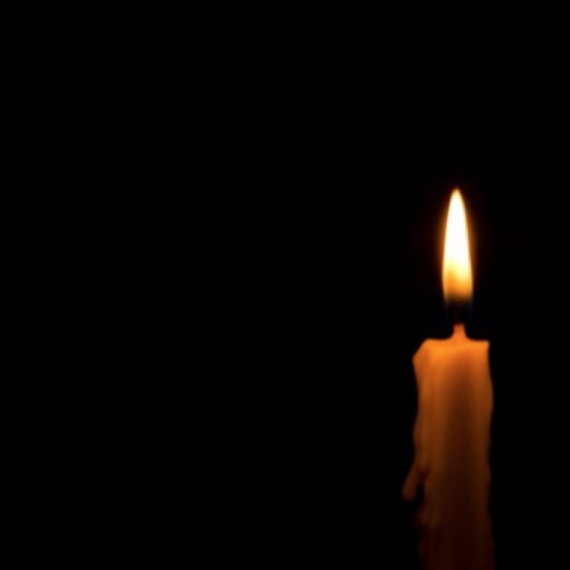




















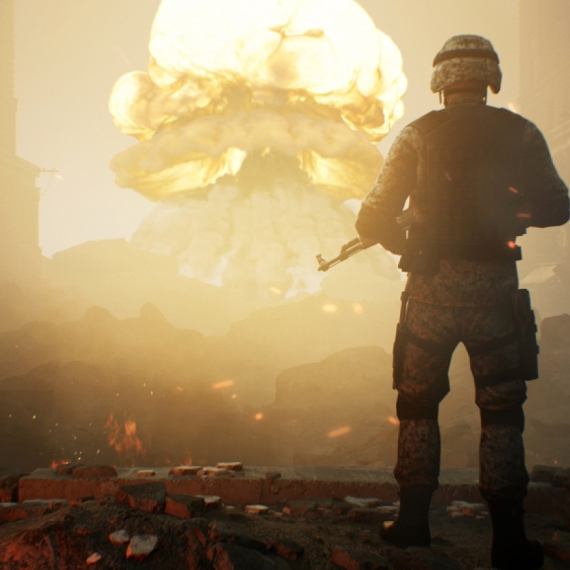





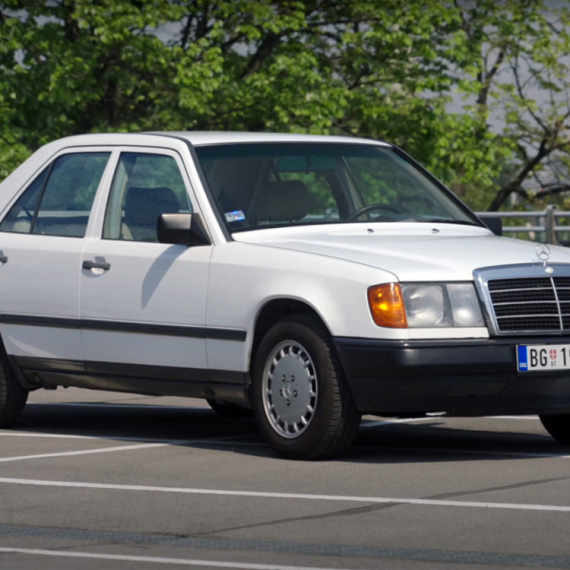



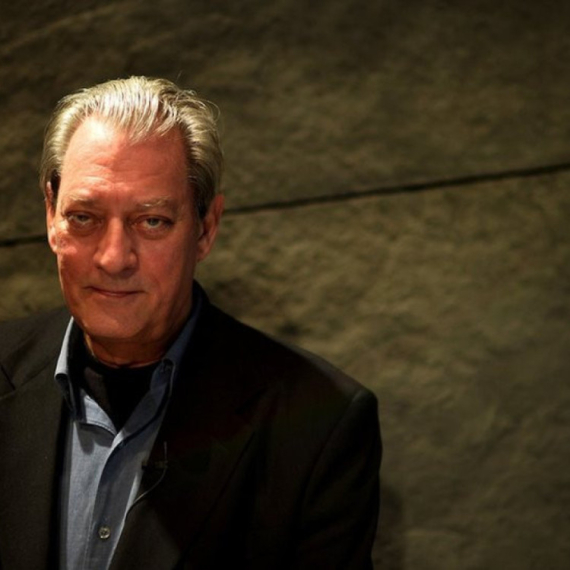
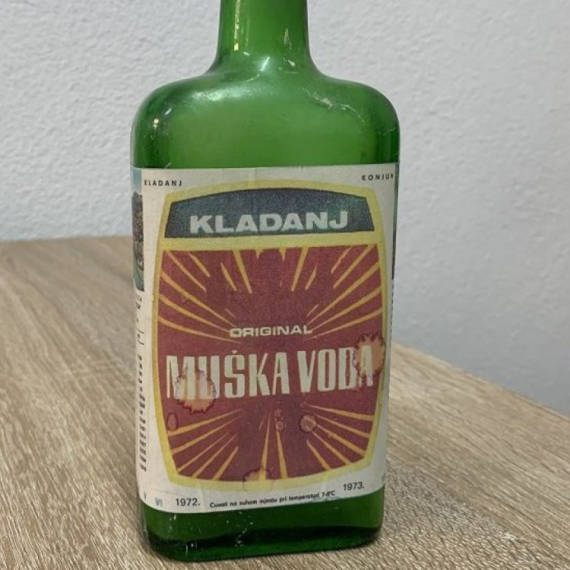
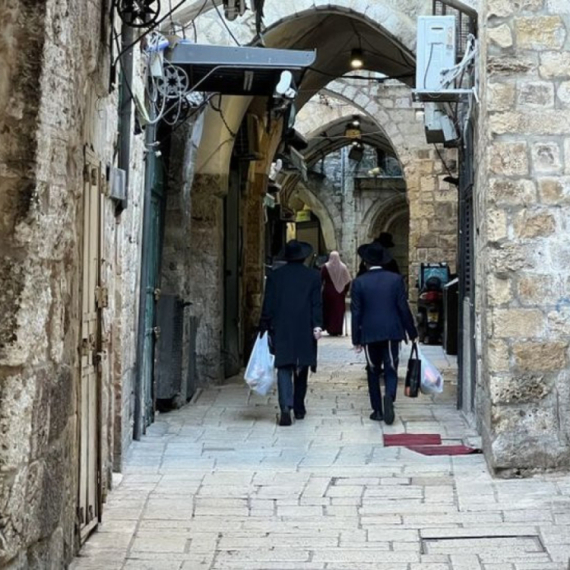



Komentari 0